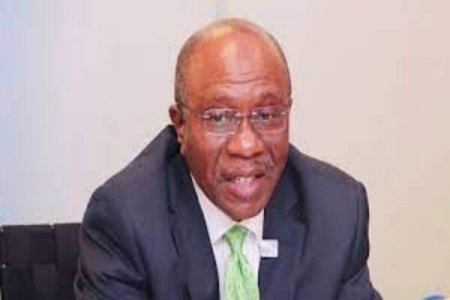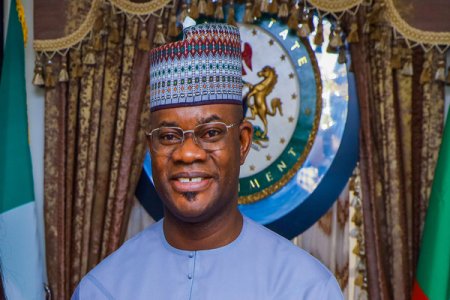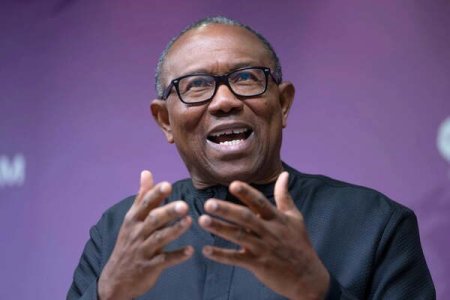
Justice Olukayode Adeniyi of the Federal Capital Territory High Court Abuja has handed down a verdict favoring the former Governor of the Central Bank of Nigeria (CBN), Godwin Emefiele. The court ordered the Federal Government to pay the sum of 100 million naira as compensation for the violation of Emefiele's right to personal liberty.
The judgment, a culmination of a fundamental human rights suit initiated by Emefiele, also deemed his prolonged detention without trial a flagrant violation of his fundamental rights. The former CBN governor had been held in custody by the Department of State Services, prompting him to seek legal recourse.
The court's ruling not only granted financial restitution but also carried far-reaching implications. It categorically restrained the Federal Government and its agents from re-arresting or detaining Emefiele without a court order, setting a precedent for the protection of individual liberties.
Emefiele, who was arrested on June 10, 2023, shortly after his suspension by President Bola Tinubu, sought justice through legal channels. In his fundamental human rights suit, he requested the court to compel the respondents to pay the substantial sum of N1 billion in damages and to prevent any future arrests or detentions without due process.
The former CBN chief's detention had stirred controversy, particularly given its timing following his suspension from office. Critics argued that the circumstances surrounding his arrest raised questions about the government's adherence to legal procedures and the protection of individual rights.
This landmark ruling, however, has not only vindicated Emefiele but also reinforced the judiciary's role in safeguarding the rights of individuals, even in the face of political turmoil. Legal experts anticipate that this decision will prompt a reevaluation of the government's approach to detentions and arrests, underscoring the importance of due process and the rule of law.
The judgment serves as a pivotal moment in the ongoing dialogue about the balance between executive powers and individual rights, leaving a lasting impact on the legal landscape in Nigeria. As the news of the court's decision reverberates, it raises crucial questions about the broader implications for government actions and accountability in the country




